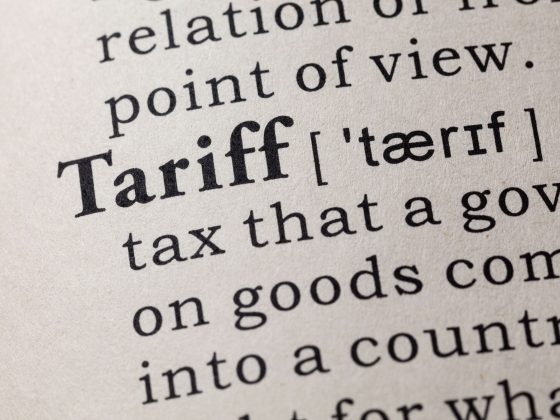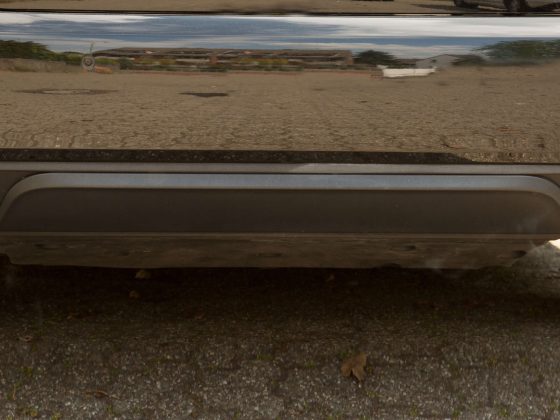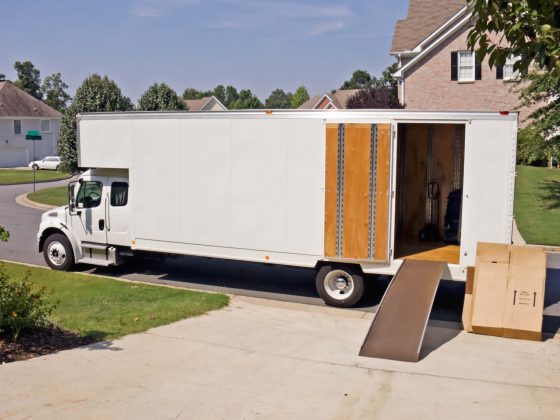Knowing what to do once you get into a car accident can help you avoid certain hassles. Yet again, many drivers are still confused about filing a claim.
Use eTags© to Quickly Complete Your DMV Service. Renewals, Title Transfers and More, All Online!
A claim is when you contact the auto insurance provider to reimburse you for any possible damages you have suffered during a car accident.
Asking for legal representation for damages and liabilities could also be considered a claim.
It never hurts to ask questions and that’s why you should have access to the most common auto insurance claims questions.
If you are still unclear about filing a claim, here are 9 Frequently Asked Questions About Auto Insurance Claims.
My car is totaled… What does that mean?
The term total comes from the insurance term total loss.
If the value of the car repair is higher than the value of the vehicle, it makes little financial sense to repair your car. Hence, your car is totaled.
Most states use a 75% threshold meaning if the total damage exceeds that value, then your vehicle is totaled.
It differs from state to state.
What do I do after getting into a total loss accident?
It’s a step-by-step procedure. From contacting your insurer to gathering relevant information about your accident, always be cautious and follow what your auto insurance advices you to do.
Taking actions without consulting your auto insurance could act against you.
SEE ALSO: How To File Auto Insurance Claims After A Car Accident
What’s a single car accident?
A single car accident is, as the name implies, a car collision in which only one vehicle is involved.
This type of accident includes: run-off-road collisions, collisions with fallen rocks, rollover crashes within the roadway, and collisions with animals.
Of course, there are cases when environmental, road factors, or even inactions of others affect your driving.
Contact your insurance to see whether you are entitled to dispute those infractions. Otherwise, file a claim and expect an at-fault accident surcharge once you renew your auto insurance premium.
Do I always have to pay for an at-fault claim myself?
Sometimes filling an at-fault claim with your car insurance company may not seem like it’s in your best interest.
Remember that paying for a claim out of your own pocket depends on three factors: the value of the damage costs, your deductibles, and the at-fault accident surcharge amount.
Putting all those figures together can help you determine whether filing a claim it’s worth proceeding.
Can multiple insurance claims affect my premium?
Know that having a long record of auto insurance claims does not speak highly about you as a driver to insurers.
Most auto insurance providers won’t renew your policy for two at-fault car accidents by the same driver in less than three years.
Other auto insurance providers add a surcharge for comprehensive claims if three or more are filed in a three-year window.
It changes from insurer to insurer.
What if I lend my vehicle to another driver and gets into an accident?
Nobody can predict the future and that applies to loaning your vehicle to another driver.
If you loan your vehicle to another driver who gets into an accident, the insurance policy of the vehicle covers the damage.
Your liability coverage will also cover the damages. But if those damages exceed the limit then the driver’s auto insurance policy could absorb those expenses.
Since the insurance policy follows the vehicle and not the drivers, expect surcharges for at-fault accidents on your car insurance policy.
Must I repair my car after an auto insurance claim?
Whether or not you should fix your vehicle after filing an auto insurance claim depends on how you could handle the repair process and the severity of the damage of your vehicle.
Sometimes it makes more sense to repair your vehicle when you have an outstanding car loan or want to stick to your full coverage.
Nonetheless, drivers with full coverage who own a paid-off vehicle could fix their car at their own discretion.
How long does it take to get an auto insurance claim check?
Getting an insurance claim check will normally takes between 30 to 60 days but it all depends on your local legal requirements.
Sometimes the severity of the damage, specially injuries, delays the process and extends the time duration.
The unavailability of parties involved in the accident also delays the process.
What does a comprehensive auto insurance cover?
Comprehensive auto insurance covers damage caused by incidents other than a collision.
It includes theft, fire, vandalism, weather, falling objects, and animal damage.
Know that having a comprehensive coverage is not obligatory by law, but it could be a good idea depending on the value of your vehicle.









4 comments
cost of repair is more than the value of the car. what are the options. will not fix the BMW.
maybe this blog can help https://www.etags.com/blog/total-loss-auto-accident-getting-your-insurance-money-fast/
if your spouse has to sign on a claim with you then does that mean the insurance check is both your names?
Hello Loretta. You will need to contact your auto insurance to find out more about the nature of the claim and who is covered from such coverage.